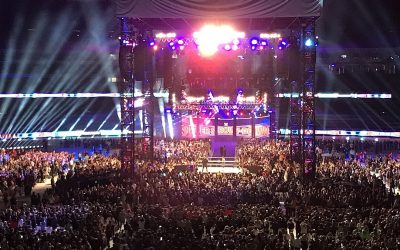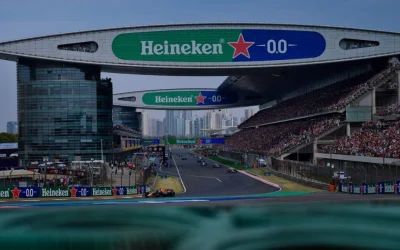Another sports franchise is implementing a dynamic pricing model for ticketing.
This coming season, the Dallas Stars of the NHL will join baseball’s San Francisco Giants as the only North American professional sports teams to implement a dynamic pricing plan, which allows team officials to alter ticket prices on the fly depending on various factors. The Giants were the first team to launch a dynamic pricing initiative this year, and officials have been very happy with the results.
Both the Stars and the Giants are using Austin, TX-based software company Qcue (pronounced “cue cue”) to implement their plans, and company CEO Barry Kahn told TicketNews that he is in conversations with several other baseball, hockey and even NFL teams about launching similar initiatives. The NFL is trickier because there are blackout rules, and most NFL teams pre-sell the majority of tickets.
“Over time, I think everyone will see that it’s a benefit for all involved,” Kahn said. “The teams that do it won’t try to compete with their own season ticket holders.”
The Stars will implement dynamic pricing for about 7,100 upper tier seats that currently range in price between $14 and $60 a piece at face value. Depending on factors such as the day of the week, which team the Stars are playing, what players are in the line up, and team standings, team officials could increase or decrease ticket prices by as much as $15 or more, though tickets at the low end would likely not change much if at all.
“The system is very flexible and will create fantastic opportunities to come watch the Dallas Stars,” team President Jeff Cogen said in statement. “In an environment where everyone is looking for the best value possible, dynamic pricing will truly benefit both our team and our fans.”
Dynamic pricing is being touted as a way for teams, artists and others to fight the secondary ticket market, but Kahn believes it will help ticket brokers in the long run.
“The majority of brokers on the sports side are season ticket holders, or they get involved in group sales,” Kahn said. “They’ll continue to purchase tickets in advance, and by doing so it puts them in the best position. What you’ll see is that seats in better sections will move up in price over time.”




